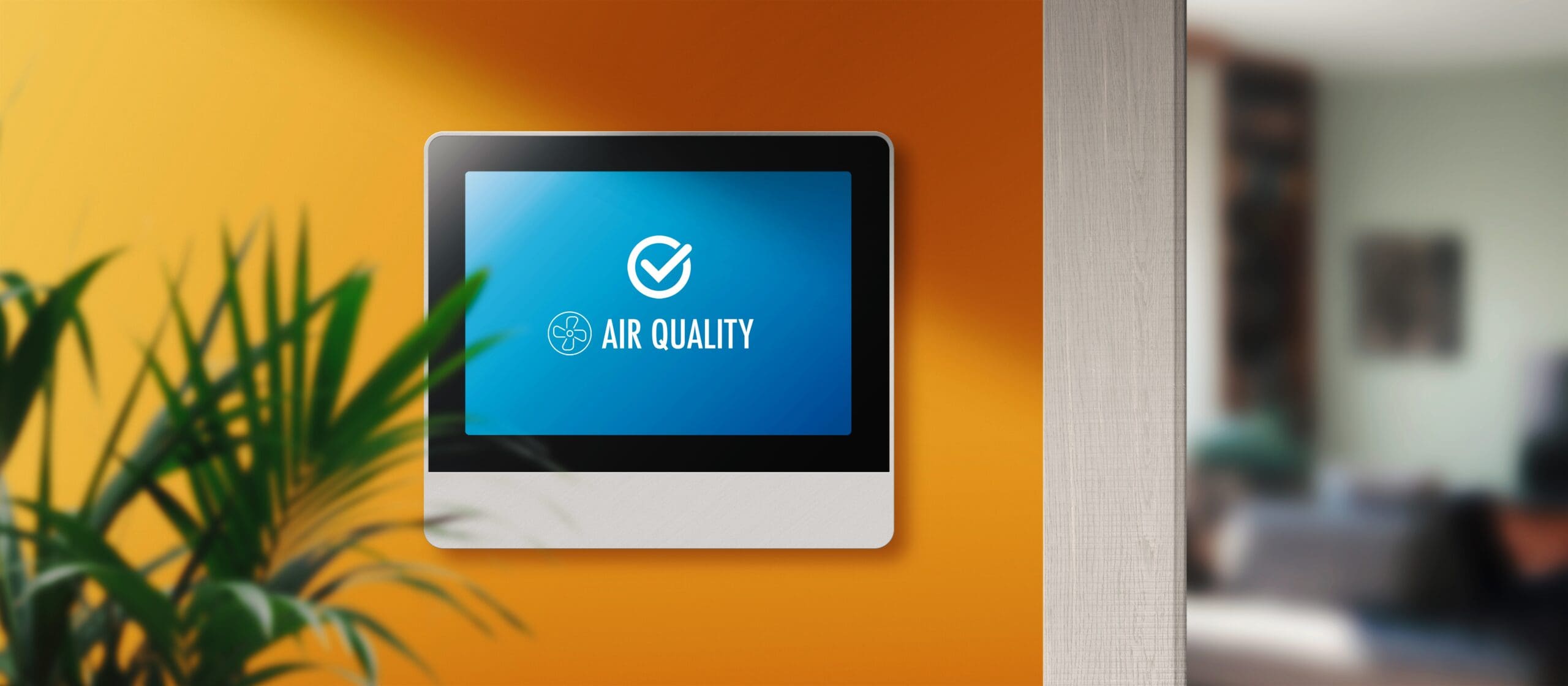Is your indoor air quality impacting your well-being? The air you breathe indoors plays a crucial role in your overall health and comfort. Poor indoor air quality can lead to various health issues, from allergies and respiratory problems to fatigue and concentration difficulties. In this post, we’ll explore the importance of indoor air quality and provide you with valuable tips to create a healthier living environment.
Understanding Indoor Air Quality (IAQ)
Indoor air quality refers to the condition of the air within buildings and structures, specifically as it relates to the health and comfort of occupants. This encompasses the presence of pollutants, humidity levels, temperature, and ventilation. Common indoor air pollutants include dust mites, pet dander, mold spores, volatile organic compounds (VOCs), and more.
Why Indoor Air Quality Matters
Breathing in clean air is essential for maintaining optimal respiratory health and overall well-being. Poor indoor air quality can exacerbate allergies, asthma, and other respiratory conditions. It can also lead to symptoms such as headaches, fatigue, and irritation of the eyes, nose, and throat.
Tips for Improving Indoor Air Quality

- Use Air Purifiers: Invest in high-quality air purifiers equipped with HEPA filters. These filters effectively capture airborne particles and allergens, enhancing the air quality in your home.
- Incorporate Indoor Plants: Certain indoor plants, like snake plants and peace lilies, can help filter out pollutants and increase oxygen levels. They not only improve air quality but also add a touch of green to your living spaces.
- Maintain Proper Ventilation: Ensure that your home has adequate ventilation. Proper ventilation helps to reduce moisture buildup, prevent mold growth, and circulate fresh air throughout the space.
- Keep a Clean Environment: Regularly clean and vacuum your home to minimize dust and allergens. Use natural cleaning products to avoid introducing harmful chemicals into the air.
- Control Humidity: Use dehumidifiers in damp areas to control humidity levels. This helps prevent mold growth and keeps your indoor air quality at an optimal level.
- Minimize VOCs: VOCs are found in various household products like paints, cleaning agents, and synthetic fragrances. Opt for low-VOC or VOC-free alternatives to minimize indoor air pollution.
Breathe Easier, Live Better
Prioritizing indoor air quality can significantly impact your health and well-being. By following these tips and making conscious choices, you can create a cleaner and healthier indoor environment for you and your loved ones. Remember, the air you breathe matters, so take steps today to enhance your quality of life.
Don’t underestimate the importance of indoor air quality in your quest for a healthier lifestyle. Taking measures to improve the air you breathe indoors can lead to long-term benefits for your respiratory health and overall well-being. With the right strategies, you can transform your home into a sanctuary of clean and rejuvenating air.
#IndoorAirQuality #HealthierLiving #CleanAirTips #HomeWellness #RespiratoryHealth #AirPurification #IndoorPlants #Ventilation
